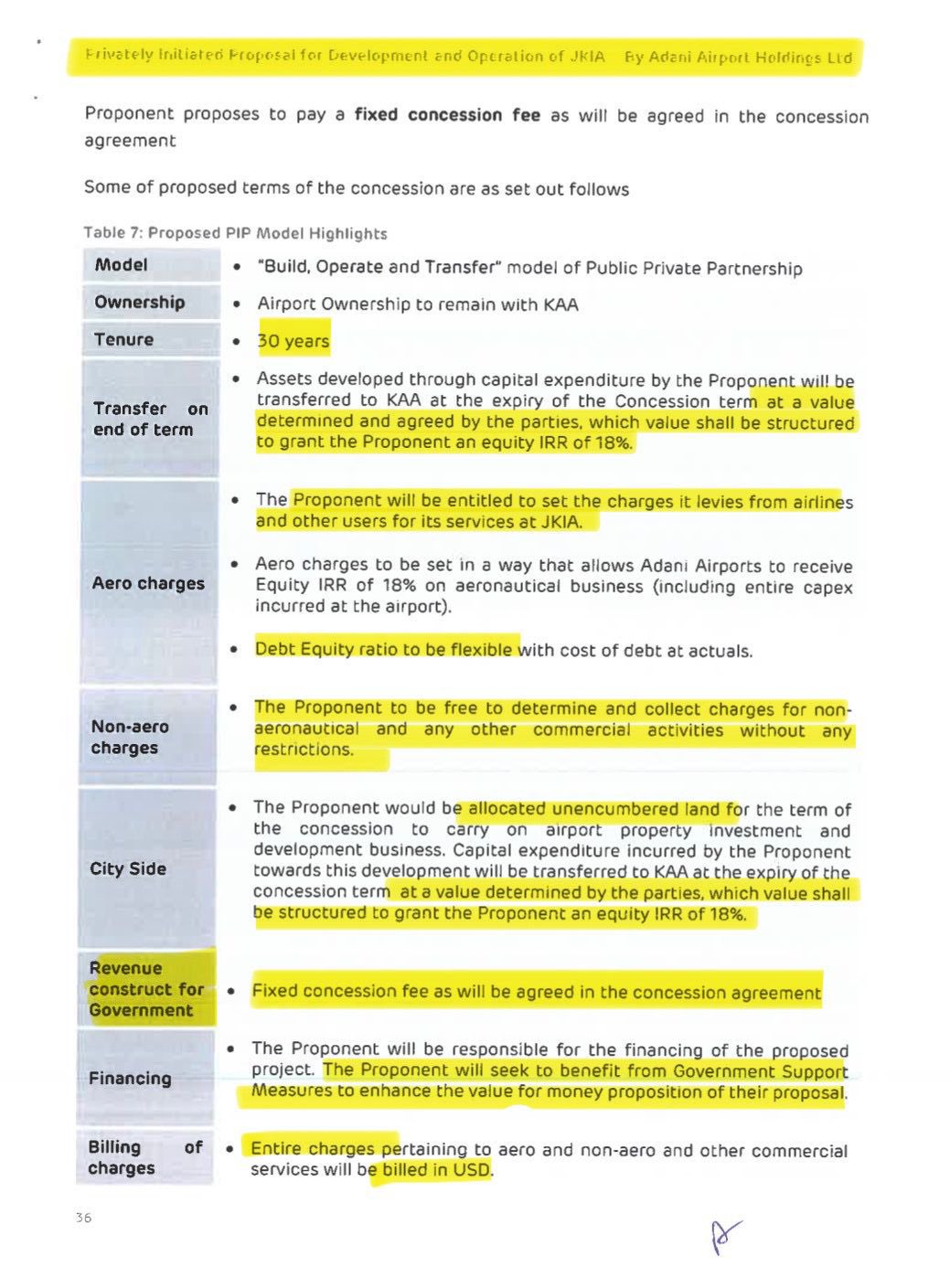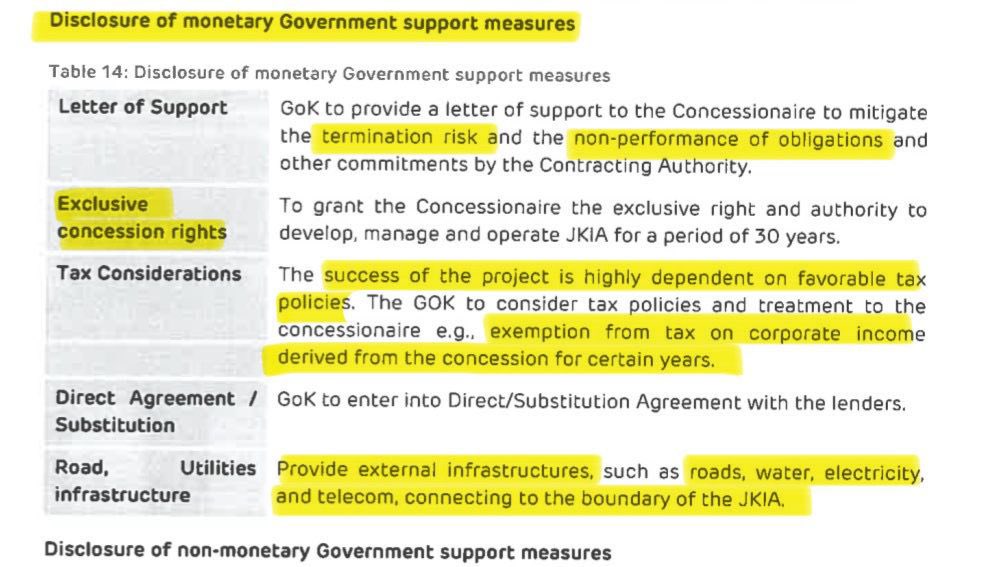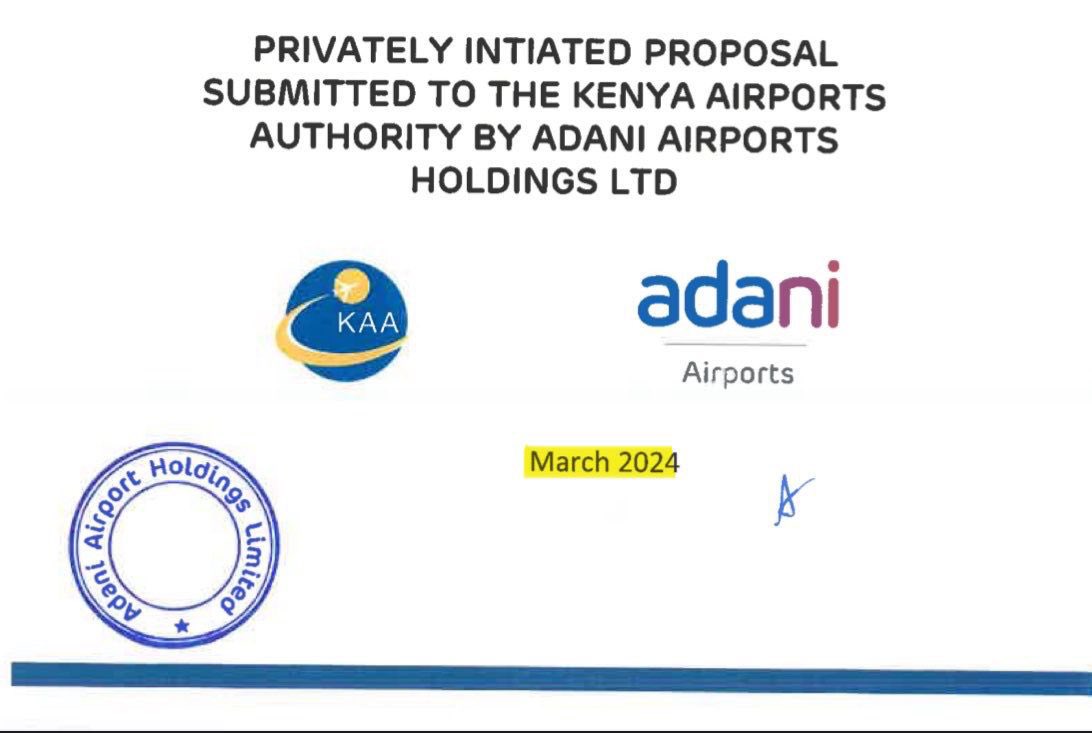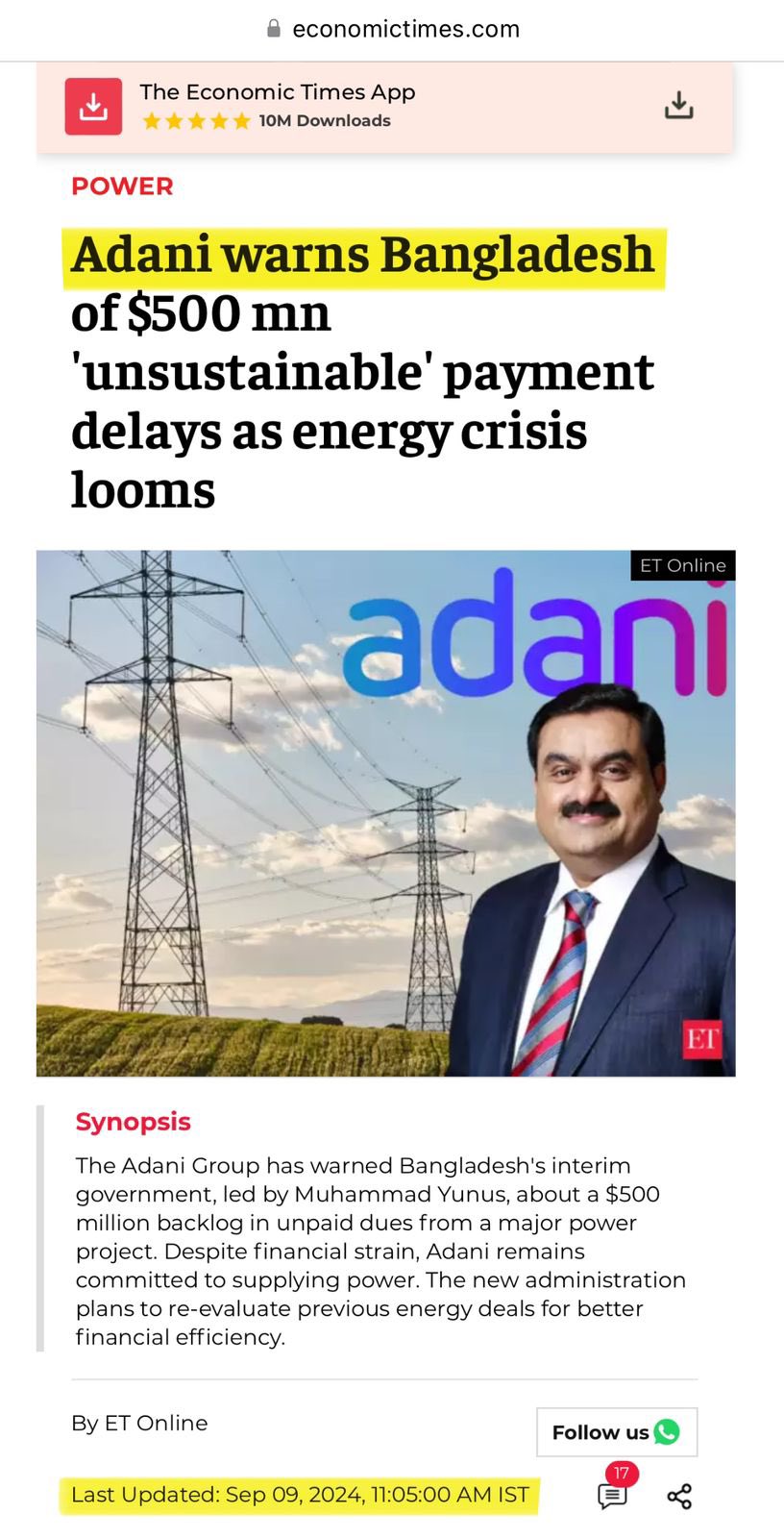Indian activist Raju Parulekar has raised concerns about the Adani Group, amid growing talk of the company expanding into Kenya.
In a post on X (formerly Twitter), Parulekar accused the group of exploiting local and foreign resources in what he called “neo-colonialism.”
There are rumors that the Adani Group is looking at major projects in Kenya, including the Jomo Kenyatta International Airport (JKIA) and the country’s electricity sector. Parulekar claims that Adani secures deals by offering proposals with big promises, but without sharing all the important details upfront.
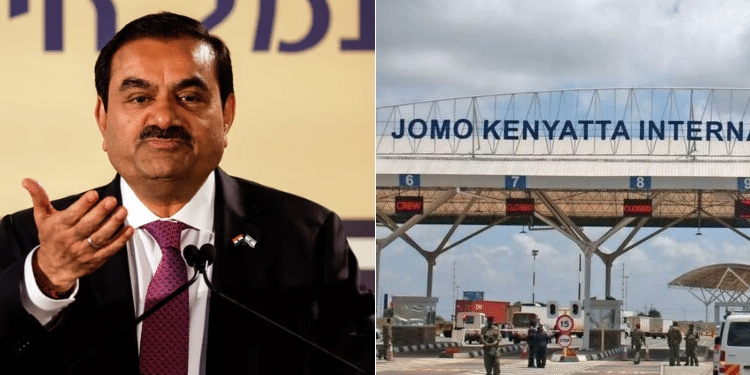
Adani Group boss (L), JKIA (R) Photo: Citizen Digital Source: Facebook
Once Adani gets control, Parulekar says they hold onto national resources for decades, often avoiding taxes and other payments. He also claims that, despite promises, consumers don’t benefit from lower costs. Instead, the company focuses on making huge profits through complex financial tricks and close ties with government officials.
Parulekar also pointed out that Adani uses long-term contracts with governments to borrow large amounts of money, using public resources as a guarantee.
According to him, the profits are then funneled back into Adani’s own companies through overseas investments managed by family members. He hinted that this is made possible by people in the government who help the company, possibly for personal gain.
What concerns Parulekar even more is the silence from political leaders in both Kenya and India. He noted that not only are officials staying quiet, but some are even defending Adani’s involvement, praising its potential impact on Kenya’s infrastructure. Parulekar questioned whether these deals are truly in the public’s interest or simply benefiting the company.
He also suggested that Adani’s influence goes beyond politics, saying that media, regulators, and even courts have not done enough to hold the company accountable. This, he believes, raises serious concerns about transparency and fairness.
So far, neither the Adani Group nor Kenyan officials have responded to Parulekar’s claims. As his post gains more attention, many are now calling for more transparency about Adani’s role in Kenya’s infrastructure projects.